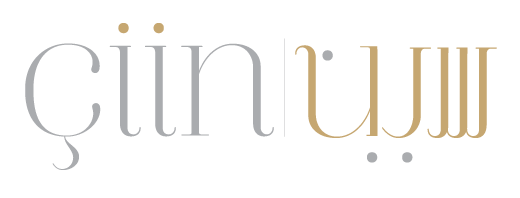
When To Take Your Supplements During Ramadan
No one can argue the great benefits of fasting for our bodies from improving our digestion and immune system to reducing inflammation and oxidative stress alongside many other physical and mental benefits. But to stay on top of your health game and get the best out of fasting you should do it properly and take all the nutrients your body needs in the short iftar to suhoor period. And to achieve that you should stick to taking your supplements during the holy month. We know things can get a bit complicated due to the long fasting hours and the change of meals time so here’s your ultimate guide on how and when to take your supplements during Ramadan.
First of all, there are two types of supplements; fat-soluble vitamins and water-soluble vitamins. Fat-soluble vitamins such as vitamin A, D, E, and K should be taken with fatty food so your body to absorb them better. That said, the best time to take these supplements is with your Iftar.
The other type is the water-soluble vitamins. Your body does not store these vitamins so you need them all the time. These include vitamin B1, B2 and B3, folic acid, and vitamin C. And while you can take them on an empty stomach it is better if you take them with or after your breakfast which is equivalent to suhoor meal during Ramadan.
The metals your body needs and the best time to take them:
- Magnesium: During Iftar or with a snack before sleep.
- Calcium: Don’t take any other supplements 2 hours before and 4 hours after.
- Iron: Take on an empty stomach or 2 hours before or after meals.
- Omega-3 Fatty Acids: During Iftar.
- Psyllium: During or after Iftar.






